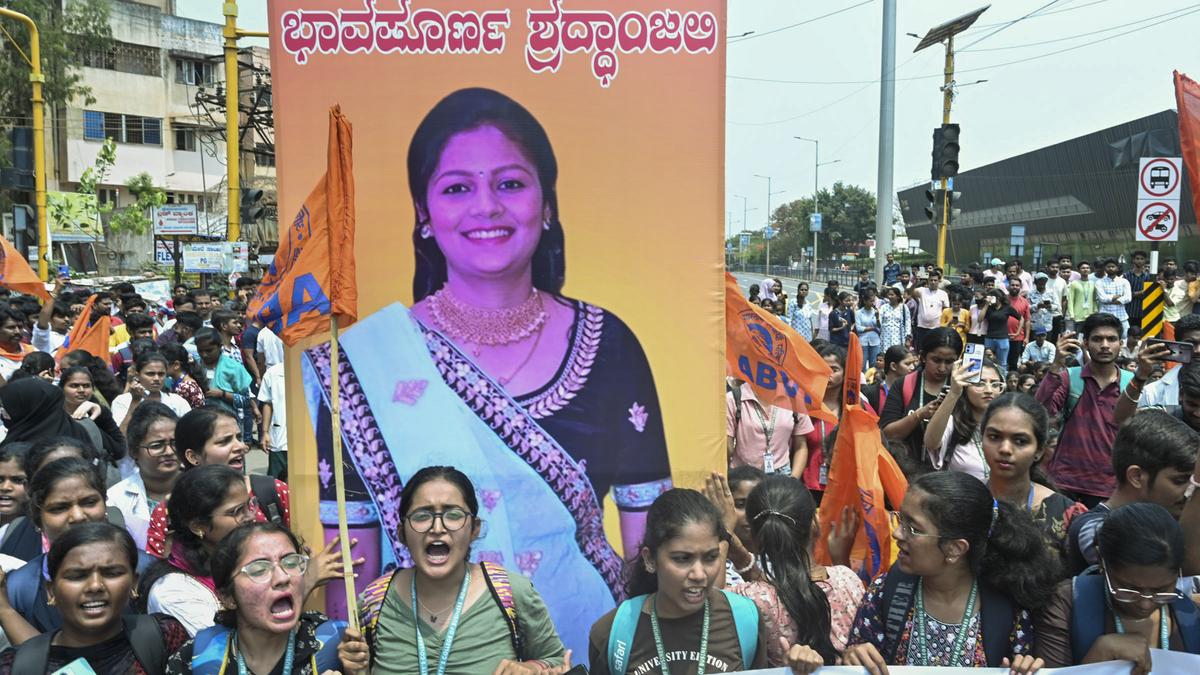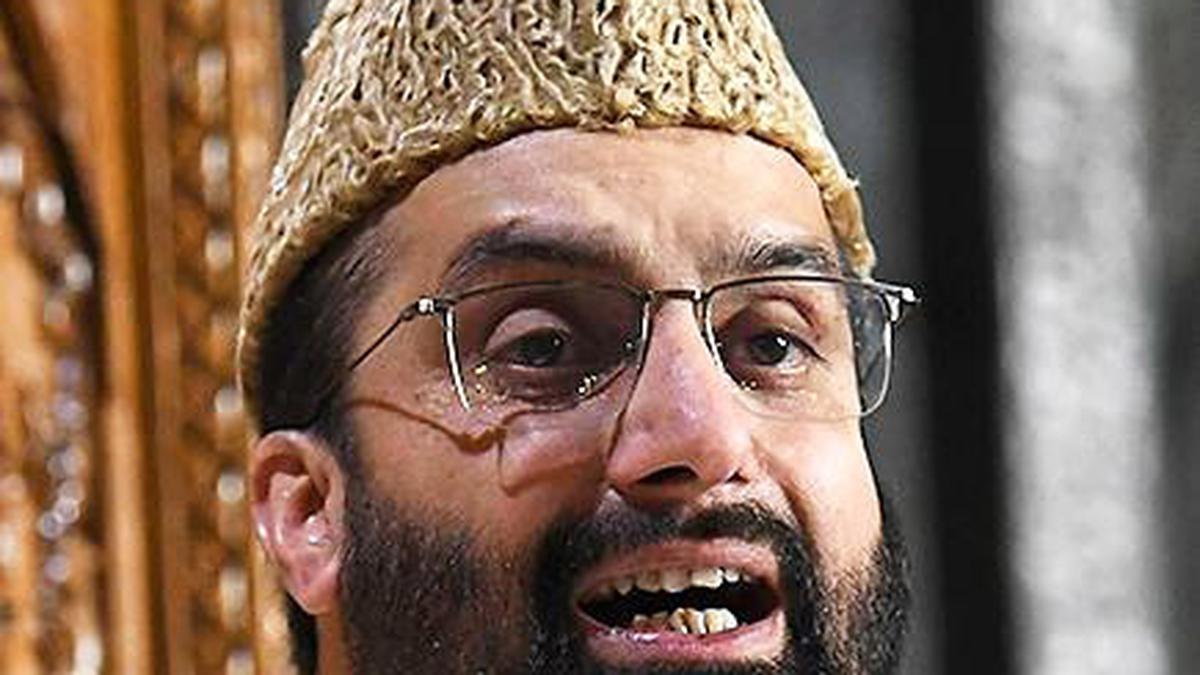This is election season, a time when there is a special licence issued to all political parties to play with facts and figures and to stretch interpretations. Something like this seems to have happened when, earlier this month, Prime Minister Narendra Modi attacked the INDIA (Indian National Developmental Inclusive Alliance) bloc for having a constituent which called for nuclear disarmament.
In the understanding of the prime minister, this is a call for unilateral disarmament and in view of the fact that our enemies have such weapons, this would endanger the country’s security. “We should have nuclear weapons to protect the country” he declared. “Those saying otherwise, how will they protect India?”
The prime minister's call was echoed days later by the Union Defence Minister Rajnath Singh who questioned the CPI-M’s intentions and termed it a “deep-rooted conspiracy to weaken the country.”
Understanding the CPI-M's Stance
The Communist Party of India Marxist’s (CPI-M) Manifesto for the 2024 election had a poorly formulated section calling for the “complete elimination of nuclear weapons and other weapons of mass destruction including chemical and biological weapons.”
Whether the CPI-M’s manifesto promise would have an impact on INDIA the bloc's policy were it to form a government is one thing, it is quite another as to what the party really meant. For that, it would be a good idea to look at its 2019 Manifesto where this notion is spelt out more coherently.
There is no doubt that the CPI(M) is against nuclear weapons, but from there, it is a stretch to believe that they advocate unilateral disarmament.
The Modi Government's Policy on Nuclear Disarmament
The current government’s official policy is laid out in the very first line of the “Disarmament” section on the webpage of India’s Permanent Mission to the United Nations in New York which declares “India has a long-standing commitment to the goal of general and complete disarmament based on principles of universality, non-discrimination and verification and has played an active role in the international community’s endeavours towards nuclear disarmament.”
This was underscored as recently as September 2023, when a Secretary in the Ministry of External Affairs told a meeting at the UN in New York that “India is firmly committed to the goal of universal, non-discriminatory and verifiable nuclear disarmament.“
In October 2022, the Russian defence minister Sergei Shoigu called Rajnath Singh over the telephone to brief him on the Ukraine war. Shoigu heard from Singh on the importance of the path of dialogue and diplomacy and the Indian defence minister added that “the prospect of the usage of nuclear or radiological weapons goes against the basic tenets of humanity”.
In the government statement announcing the 11 May and 13 May 1998 nuclear tests conducted by the BJP-led government, India declared that it “remains committed to a speedy process of nuclear disarmament, leading to total and global elimination of nuclear weapons.”
That year, in his Independence Day speech, Prime Minister Vajpayee acknowledged, “The tests of Pokharan were not the efforts of just one night. They were the results of years of hard work on the part of our scientists, engineers technical and defence forces, I have only tried to further the work the foundation of which was a credit to Smt Indira Gandhi (the 1974 test).“
He went on to add, “Our dream is to see the world free from nuclear weapons and we want to see this dream come true.”
Looking back it is no secret that from the outset, the Indian nuclear programme was one based on the hope that its demonstration of its capabilities in relation to nuclear technology would deter its adversaries. India took the high ground on advocating universal nuclear disarmament, something that the Nuclear Non-Proliferation Treaty (NPT) also advocates.
All Prime Ministers except Morarji Desai supported and nurtured the nuclear programme.
But this “technology demonstration” strategy was too subtle for its own good. Beginning in 1972 Pakistan began its nuclear weapons programme and in the early 1980s, it received critical Chinese help in the form of the design of a nuclear weapon, and the wherewithal to make one. The 1990 test of the CHIC-4 device by the Chinese was in reality the one fabricated by Pakistan.
From the official point of view, the only serious plan for universal disarmament that India took up was Rajiv Gandhi’s June 1988 Action Plan for a Nuclear Weapons Free and Nonviolent World Order which envisaged nuclear disarmament in “a time-bound, universal, non-discriminatory, phased and verifiable manner.”
But this last-chance genuflection of a kind by India to its disarmament conscience. Months later in early 1989 after it became clear that the Action Plan had no takers, Prime Minister Rajiv Gandhi ordered the DAE and DRDO to proceed on the construction of nuclear weapons which were, after false starts in 1995 and 1996, finally tested in May 1998.
(The writer is a Distinguished Fellow, Observer Research Foundation, New Delhi. This is an opinion piece and the views expressed above are the author’s own. The Quint neither endorses nor is responsible for the same.)
(At The Quint, we are answerable only to our audience. Play an active role in shaping our journalism by becoming a member. Because the truth is worth it.)

 1 week ago
103
1 week ago
103


